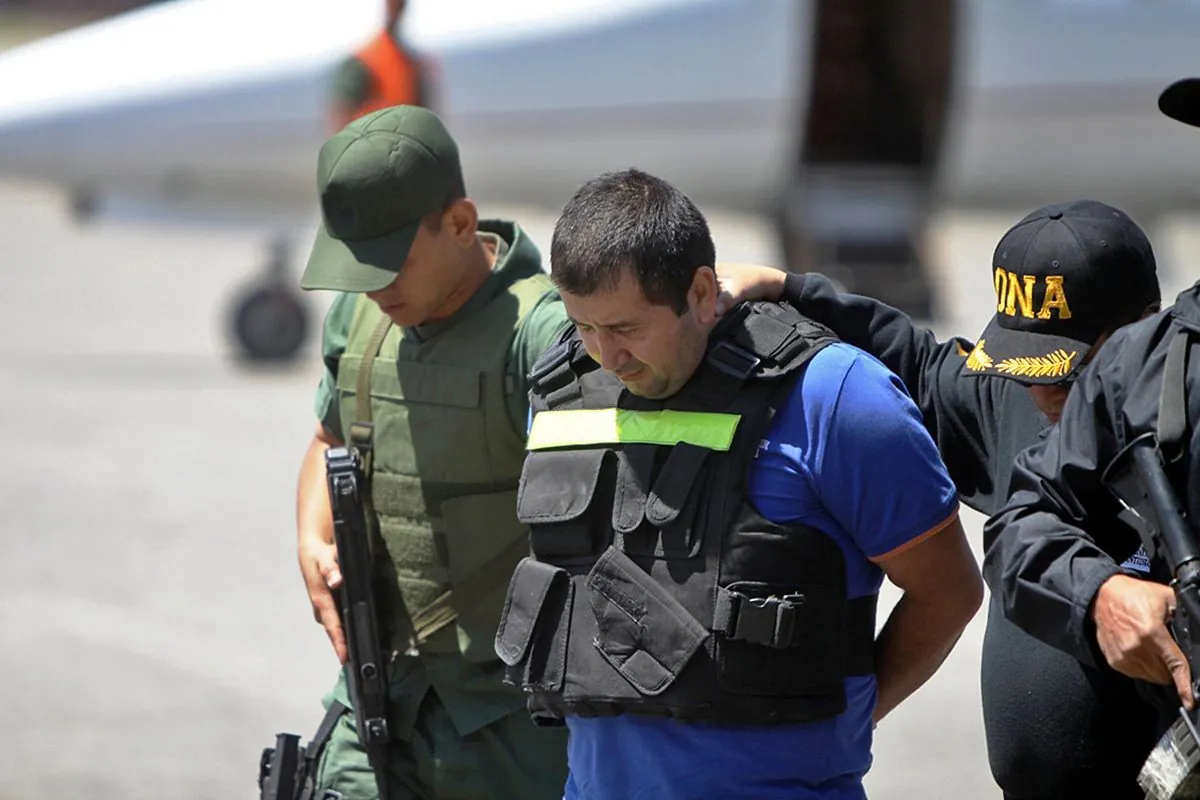On September 14, 2024, Spain formally requested information from Venezuela regarding the reported arrest of six foreign nationals, including two Spaniards, three Americans, and one Czech citizen. The individuals were allegedly detained on suspicion of involvement in a plan to destabilize the South American nation.
Diosdado Cabello, Venezuela's Interior Minister, announced the arrests in Puerto Ayacucho, the capital of Amazonas State. He claimed that approximately 400 rifles of US origin were seized during the operation. The Spanish nationals were accused of being affiliated with the Spanish secret service, officially known as the National Intelligence Center (CNI). However, Madrid promptly denied these allegations.
In response to the situation, a Spanish foreign ministry source stated:
"The Spanish embassy has sent a verbal note to the Venezuelan government asking for access to the detained citizens in order to verify their identities and their nationality and in order to know what they are accused of exactly."
This incident occurs against a backdrop of escalating diplomatic tensions between Spain and Venezuela. Recently, Caracas recalled its ambassador to Madrid for consultations and summoned the Spanish ambassador to appear at the foreign ministry. These actions followed a Spanish minister's characterization of the Venezuelan government as a "dictatorship."
The strained relations were further exacerbated by Spanish Prime Minister Pedro Sanchez's meeting with Venezuelan opposition candidate Edmundo Gonzalez Urrutia, who sought exile in Spain after facing arrest threats from Maduro's regime. This meeting took place in the wake of the disputed July 28, 2024, presidential election in Venezuela.
Venezuela's reaction to Spain's involvement with the opposition reflects the country's history of accusing foreign nations of interference. Since the late 1990s, Venezuela has had particularly tense relations with the United States, frequently accusing it of attempting to overthrow its government.
The current situation highlights Venezuela's complex international relations. As the world's largest proven oil reserve holder, the country's political stability has significant global implications. However, since 2010, Venezuela has been grappling with a severe economic and political crisis, experiencing hyperinflation and becoming subject to various international sanctions.
Spain's historical connection to Venezuela, dating back to its colonial rule from 1522 to 1811, adds another layer to the current diplomatic tensions. As a vocal critic of the Venezuelan government's human rights record, Spain finds itself navigating a delicate balance between diplomatic engagement and principled opposition.
As this situation unfolds, it remains to be seen how these arrests and the ensuing diplomatic exchanges will impact the already strained relationships between Venezuela, Spain, and other nations involved in the region's complex geopolitical landscape.
